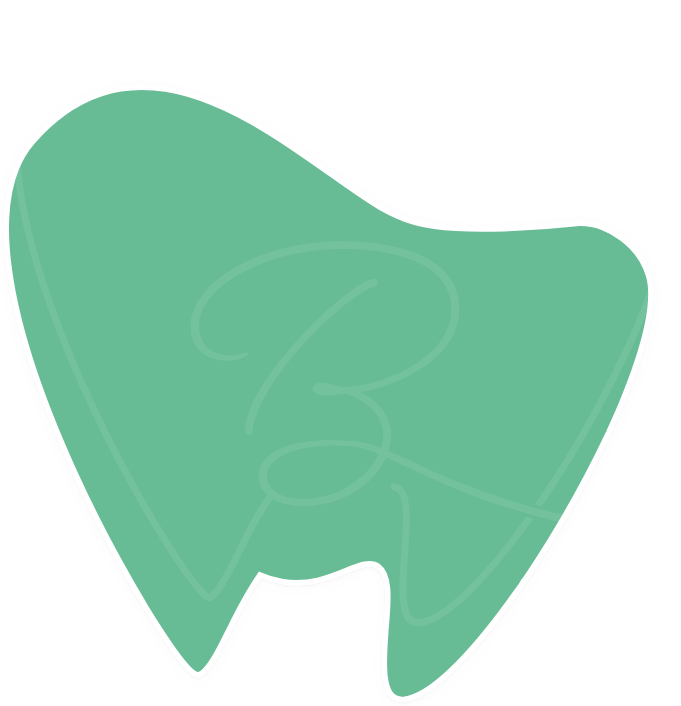

If you’ve ever been warned that candy is the enemy of your teeth or that your daily soda habit could be eroding your enamel, you might be curious about what other foods and drinks are wreaking havoc on your dental health. While it’s true that all foods and drinks can contribute to tooth decay to some extent, not all are equally harmful, and certain individuals may be more susceptible to dental issues than others.
When evaluating the impact of a meal, snack, dessert, or beverage on your oral health, two main factors come into play: its composition and quality. Over 500 species of bacteria reside in our mouths – some beneficial and some not. The harmful bacteria feed on sugars from foods and beverages, producing acids that can extract essential minerals from your teeth and lead to cavities.
So, what types of foods and drinks should you be wary of?
1. Sugary Foods and Drinks:
Foods containing sucrose, or table sugar, are particularly damaging to teeth as harmful bacteria thrive on them. Common culprits include candy, pastries, fruit juice concentrates, and sodas.
2. Sticky, Chewy Treats:
Gummy candies, dried fruits, syrups, and other sticky treats can cling to the surfaces and crevices of your teeth, providing a feast for bacteria. Even after you’ve finished eating, bacteria continue to produce acid for hours, contributing to enamel erosion.
3. Acidic Beverages:
Sugary sodas, juices, energy drinks, and milkshakes not only contain high sugar content but are also acidic. These beverages can bathe your teeth in sugary, acidic solutions, accelerating enamel erosion. Carbonated beverages like seltzers and alcoholic drinks can also have acidic properties, further compromising dental health.
4. Certain Fresh Fruits, Vegetables, and Starchy Foods:
While nutrient-rich, some fruits (like citrus), vegetables (like potatoes), and starchy foods (like rice or bananas) contain sugars or acids that can contribute to tooth erosion. However, their overall health benefits often outweigh their potential dental risks.
Maintaining good oral hygiene habits like brushing twice a day and daily flossing is essential for combating tooth decay. However, if you have deep tooth grooves or closely spaced teeth, sticky and chewy foods may pose a greater risk. In such cases, it’s crucial to be extra diligent with your dietary choices and oral hygiene practices.
So, what can you do to protect your teeth from decay?
1. Limit Snacking and Sipping:
Frequent snacking and sipping can disrupt saliva production, which plays a crucial role in neutralizing acidity and flushing away food particles. Aim to consume sugary snacks and beverages with meals rather than throughout the day.
2. Be Mindful of Alcohol Consumption:
Alcohol can inhibit saliva production, making it harder for your body to clean residues from your teeth. Limit alcohol intake, particularly for heavy drinkers, to minimize dental damage.
3. Consider Medical Conditions and Medications:
Certain medical conditions and medications can affect saliva production or quality, increasing susceptibility to dental issues. Be aware of any potential side effects and maintain good dental hygiene practices accordingly.
4. Opt for Sugar Alternatives:
Swap sugary drinks and snacks for sugar-free alternatives to reduce the risk of dental decay. Sugar substitutes like aspartame or sugar alcohols are not metabolized by bacteria and are less likely to contribute to cavities.
5. Chew Sugar-Free Gum with Xylitol:
Sugar-free gum containing xylitol can help stimulate saliva production and reduce acid production by oral bacteria. Chewing gum three times a day has been shown to have antimicrobial effects and promote dental health.
6. Schedule Regular Dental Checkups:
Regular dental checkups every six months can help detect and address dental issues before they worsen. Professional cleanings and preventive care are essential for maintaining optimal dental health.
Ultimately, while all foods and drinks have the potential to impact dental health, adopting healthy dietary habits and maintaining regular dental hygiene practices can lessen the risks of tooth decay. By being mindful of your food and beverage choices and incorporating these science-backed strategies into your routine, you can protect your smile and enjoy better overall dental health. Remember, it’s not about perfection but making informed choices that support your dental well-being in the long run!